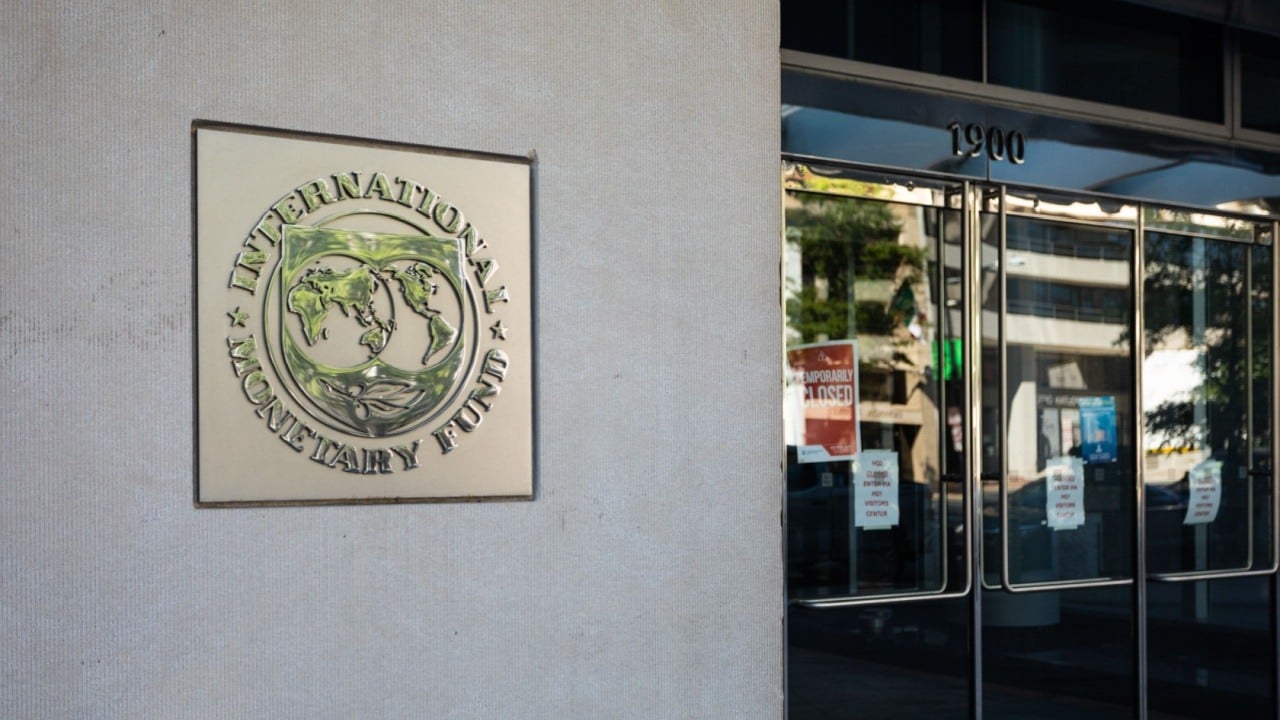The governo del Kuwait has issued a new and strict warning against mining illegale di criptovalute, after an investigation into electricity consumption identified over 1,000 siti sospetti scattered throughout the country.
The formal warning comes from the Ministry of the Interior, which reiterated that mining is a prohibited and totally unregulated activity starting from July 2023, when the Financial Markets Authority had imposed a total stop on all activities related to cryptocurrencies, including exchanges and transfers.
Energy too cheap to resist the temptation: over 1,000 illegal mining farms blocked in Kuwait
Despite the legislative framework being clear, it is evident that the low cost of electricity in Kuwait – among the most advantageous in the world – represents a strong attraction for clandestine miners. The authorities emphasize how this activity entails serious consequences for the entire population.
According to an official note from the Ministry of the Interior, cryptocurrency mining “causes overloads to the electrical grid in residential, commercial, and service areas, leading to blackouts and endangering public safety as well as disrupting essential services.” In addition to reiterating the ban, the Ministry has ordered the offenders to “immediately correct their position,” warning that otherwise they will be prosecuted “under the current laws.”
Joint operation and red zones under observation
The investigative blitz represents a cooperation between different ministries, particularly with the Ministry of Electricity, Water, and Renewable Energies, which provided essential data to identify illegal activities. Specifically, in the region of Al-Wafra, anomalies were discovered in 100 homes, where the energy demand remained consistently high throughout the day, without the normal variations typical of private houses.
The spokesperson for the Ministry, Fatima Jawhar Hayat, revealed that, in some of these cases, energy consumption exceeded 100,000 kilowatt-hours just in March 2025, a figure equal to 20 times the average consumption of nearby homes. This type of anomalous energy activity is a clear identifier of mining.
Kuwait: imminent sanctions for illegal mining farms and continuous monitoring
Although the fate of the inhabitants of the improperly involved dwellings is not clear, the authorities have assured that the controls will continue throughout the national territory, maintaining particular attention to unjustified electricity consumption. The synergy between the Ministry of the Interior and that of Energy highlights a new phase in the fight against digital crime and the improper use of public resources.
In 2022, according to the Cambridge Bitcoin Electricity Consumption Index, Kuwait accounted for only 0.05% of the global hashrate of Bitcoin, a figure that might seem marginal, but that marks a point of attention for the Kuwaiti authorities. The low impact, however, did not prevent the government from adopting a strictly repressive line starting from the following year.
Cryptocurrencies: legal ban, but social use on the rise
Despite the explicit ban established at the national level, there are tangible signs that the population continues to show interest and invest in digital assets. An emblematic case dates back to last January, when a fraudulent token called Bitcoin Kuwait caused significant losses to small investors, collapsing in value just after the launch and resulting in a collective loss of about 40 million dollars.
The one to publicly denounce the scandal was the researcher Dr. Safaa Zaman, who in a post on the platform X accused the authorities of poor oversight activities, strongly calling for more robust and timely legislation on the matter. Her words, “Where are the controls? Where are the laws? And the fraudster?”, reflect the widespread feeling of frustration among the public and the growing demand for protection and transparency in the sector.
Challenge between innovation and legality
The Kuwaiti context fits into an increasingly complex global landscape, where on one hand blockchain technologies and cryptocurrencies attract economic interest and financial innovation, while on the other hand they raise risks for energy, financial, and social security. In Kuwait, these risks are amplified by a heavily subsidized energy system, which makes mining appealing even in the face of legal prohibitions.
The current situation seems to indicate that, beyond the proclamations, it will be necessary for the Kuwaiti government to strengthen control strategies, develop new specific laws, and actively involve both the scientific community and the legal community to prevent an escalation of illegal activities and collateral damage.
Conclusions
Kuwait is facing a double challenge: strengthening the enforcement of the already existing ban and addressing a growing underground crypto activity, which risks damaging infrastructure, investors, and institutional credibility. The detection of over 1,000 illegal mining sites is a wake-up call too loud to be ignored and foreshadows a possible tightening of sanctions in the coming months.
If in the short term the goal seems to be to eradicate clandestine activities, in the long term a broader and more modern regulatory approach will be needed, capable of addressing one of the most disruptive innovations of the last decade: the digital economy based on blockchain. Only with transparency, monitoring, and effective regulations will it be possible to combine security and innovation in a nation that, due to its position and resources, plays a strategic role in the region.
Source: https://en.cryptonomist.ch/2025/04/24/kuwait-on-alert-1000-illegal-cryptocurrency-mining-sites-discovered/








